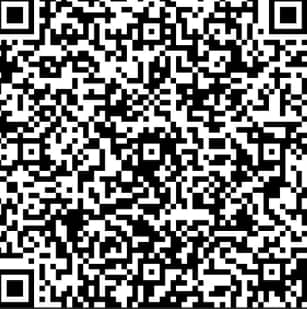Introduction to Progress in Geographic Information Science Journal
The Progress in Geographic Information Science is an internationally recognized journal published by Springer, dedicated to the latest advancements in the field of Geographic Information Science. It covers a wide range of topics from foundational theories to practical applications, including Geographic Information Systems (GIS), remote sensing, spatial analysis, cartography, and surveying.
Accessing the Journal
For those interested in accessing the journal, the official website can be visited at Springer's Progress in Geographic Information Science.
Language and Accessibility
The journal primarily uses English, which is the lingua franca for international academic communication, facilitating scholarly exchange globally. While there is no explicit mention of multilingual support, the platform's international nature suggests a focus on accessibility for a global audience.
Features of the Journal
Progress in Geographic Information Science encourages interdisciplinary research, aiming to foster the integration of Geographic Information Science with other fields such as computer science and information systems. The journal publishes a variety of article types, including original research, reviews, short communications, and discussion papers, providing a comprehensive academic platform for readers and scholars.
Industries and Fields Covered
The journal's content primarily addresses the field of Geographic Information Science, serving industries such as urban planning, environmental monitoring, and resource management, among others.
Usage Scenarios
Researchers and professionals in the field of Geographic Information Science can utilize the journal for academic research, staying updated with the latest trends, theories, and applications. It serves as a platform for knowledge dissemination and scholarly debate.
Related Resources
Researchers are also encouraged to explore related journals such as those focusing on Geographic Information Systems (GIS) and remote sensing technologies for additional professional resources and academic insights.















